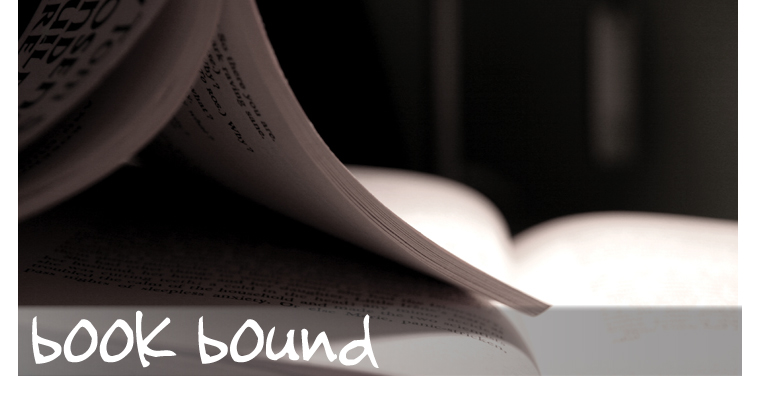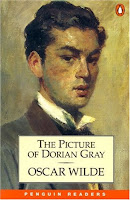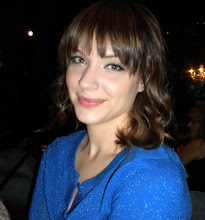
I've been thinking a lot - my past time of choice lately. I spend more minutes in a day contemplating the meaning of life than I seem to contemplate anything else anymore. This hasn't exactly led me to cheery, rosy patches of thought, but it has led to me to insight ... or perhaps, insanity.
I've rewound my own personal footage and vicariously lived through myself - the self that once was. I've thought about things I've done and then wondered why I did them in that particular way. I've come to some pretty funny conclusions about certain things -
"But Venice, like Oxford, had kept the background for romance, and, to the true romantic, background was everything, or almost everything." (p. 235)
I used to be a dreadful romantic. I think, to some degree, we all must be whether we admit to it or not. We're so bombarded by images of the idealized romance and perfect relationship that the message must be creeping into our collective conscience. On the same token, we're all also very bitter probably.
Regardless, I used to be a romantic. My teen years were very typical in that I swooned over boys, both celebrity and non, and imagined picture perfect romances with every single unrequited love - and they were all unrequited, believe you me.
Then, I grew up a little, and I'm not nearly as adolescent stupid as I used to be. Reality has smacked me a couple of times, warning me of the limits of romanticism in real life. I'm okay with this. On the other hand, I can't help but also continue this farce of a life I lead - one in which I seem to continuously pretend is a movie rather than, well, real life.
While on the treadmill a day or so ago, I was thinking about a relationship I was in a couple of years ago: very high school, very cute, too sweet for life. It ended abruptly, as most relationships of that nature do, but truth be told, I had seen the end coming long before it actually showed up on my door step with sparklers in hand.
The night That Boy and I broke up was not a shock to me at all. We had just experienced yet another quasi-awkward evening, not really speaking to each other, nor really looking at each other - something that had become commonplace over the last weeks of our "relationship" - and when I had finally gotten back into my car to go home at the end of the night, something in me snapped. I decided then that enough was enough and we were simply going to end it, once and for all.
I marched back up to That Boy's house, rang the bell, and plainly asked,
"What's going on with us?" when he opened the door. With a big sigh, and a shake of his head, he said, "I don't know," and so, our conversation began.
The thing that amuses me the most, is how much I manipulated that situation to be something out of a film. I knew we were going to break up at some point soon. I saw it coming, and had already accepted the fact. I initiated it, wanting to no longer be part of something so dead and heavy, and yet, what happened during The Talk makes me chuckle in sick pleasure.
... I cried. I sat on his stairs, and whimpered like a teenage girl, my actions only encouraging him to put his arm around me, rub my back, and whisper, "I'm sorry." I let tears flow down my cheeks without saying a word. I stared blankly at the floor, my feet and the wall ahead of me. I took on this role of subdued drama queen, soaking up the moment for all that it was worth.
It was all fake, and yet, I did it anyway. I played it out the way it's scripted in movies and on television. I made it out to be the most cliched moment in existence, and today, all I can do is look back and laugh.
I don't know if I knew it at the time, but the past is always 20/20.
The only unfortunate thing is, I haven't done that kind of thing in a while. I haven't played out a moment like a movie in what feels like eternity, and perhaps that's a good thing, or perhaps that's why I'm feeling kind of indifferent to everything. Life has become very life-esque lately, and I'm bored.
I miss my bad habits -
"Of course married life is merely a habit, a bad habit. But then one regrets the loss even of one's worst habits. Perhaps one regrets them the most. They are such an essential part of one's personality." (p. 301)
 Welcome to the month of sheer and utter lacking. June has flown by in a way that is reminiscent of a dark storm with high winds and torrential rain - for an utterly unoriginal metaphoric point of view.
Welcome to the month of sheer and utter lacking. June has flown by in a way that is reminiscent of a dark storm with high winds and torrential rain - for an utterly unoriginal metaphoric point of view.




























